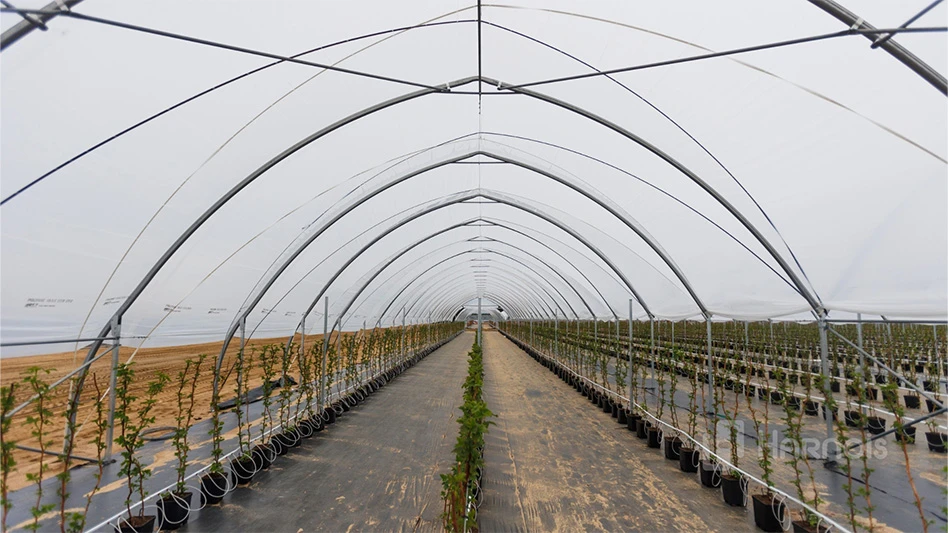.jpg) Bridget BeheIt wasn’t as much the topic as the title of the September 2009 Harvard Business Review issue: How Green Will Save Us. The Review has for generations provided forward thinking on business management topics of all kinds. I wasn’t surprised that “green” was a topic, but somewhat shocked that the Review was saying it would save business.
Bridget BeheIt wasn’t as much the topic as the title of the September 2009 Harvard Business Review issue: How Green Will Save Us. The Review has for generations provided forward thinking on business management topics of all kinds. I wasn’t surprised that “green” was a topic, but somewhat shocked that the Review was saying it would save business.
The environment has emerged as a topic of business operations with mainstream eco-concerns starting to emerge. The Review’s September issue gave me the green light to consider again the implications of consumers’ growing concerns about the sustainability of the environment on businesses in our industry.
The impact of “green”
The article “Why Sustainability is Now the Key Driver of Innovation” by R. Nidumolu, C.K. Prahalad and M. R. Rangaswami (Vol. 87, No. 9) gave me several things to think about, including how “green” will impact businesses. The authors suggest that “There is no alternative to sustainable development” despite the lack of commitment to become more eco-friendly on the part of still so very many businesses. More companies are adapting their operations to become more environmentally, socially and financially sustainable.
Still a majority of firms appear skeptical at best and indignant at worst. Why should a company change if it isn’t legislated? How about because it is the right thing to do? Or because future business may depend on the real color of green your company really is.
It isn’t, as the authors point out, a choice “between the largely social benefits of developing sustainable products or processes and the financial costs of doing so.”
Making better choices
The authors provided a workable five-stage process they’ve observed that many company officials go through in their thought processes to make better choices.
Stage 1: Companies view compliance with green paradigms as an opportunity to do better. Not just an opportunity for future profits, but an opportunity to make real and lasting changes that will pay longer term dividends.
For the companies that embraced lean management practices within the past few years, the dividends returned by small and large changes most likely are still being earned. Simple steps, eliminated once, produce compounding returns over months and years. Changes made to become more environmentally friendly may not be as quick to return, but certainly will have their payback in the years ahead.
While the cost and savings of every change can’t be estimated up front, many are worth considering, making the effort to calculate and eventually implementing.
Stage 2: Companies going greener help to establish sustainable value chains. A company recognizes that it can’t make substantial changes without the aid of partners up and down the value chain.
Consider, for example, recycling plastic containers. Some retailers began collecting used containers from their customers. Some even offered an incentive program. But, what do retailers do with the returned plastic? Until a system was in place to return the plastic to a recycler, the only other option was to reuse them. With the opening of East Jordan’s Plastics’ recycling center, there is a place to recycle containers. The process has improved the potential for more retailers and growers to enter the recycling stream.
Stage 3: Companies design sustainable products and services. To me, this is the greatest opportunity because our industry produces plants, which are oxygen-manufacturing machines. We produce oxygenators and carbon-dioxide consumers. How many other products can make those claims? Have we really promoted plants?
We can also make better production choices and create more sustainable services. Many things can be improved upon to make our business systems better. To not promote or communicate our greatest marketable attribute is a missed opportunity to connect with consumers.
Many consumers want better choices. We should be telling them that purchasing our products and services helps make the planet a better place.
Stage 4: Companies develop new business models that perform some new function in the economy. It’s probably easiest to see new business models in technology start-up companies that bring eco-friendly practices to a firm.
Pioneers that use or implement technology may become the parent of some of the “offspring” companies. They can benefit from their early crawl up the learning curve by consulting or developing a business to assist other firms adopt the technology or business practices.
Stage 5: Businesses create next-practice platforms or paradigm shifting changes. The Review article authors cite one change that bridges the Internet with energy use, called a smart grid. Essentially, smart grids help manage power sources and sinks, eventually saving energy which translates into a cost savings.
While this more far-reaching stage challenges most firms, it is one worth looking toward. These fundamental paradigm shifts change the playing field for everyone and change the way business is done forever.
Making your company more green
No matter the shade of green your company is now, there are most likely more opportunities to make better choices. Do you have the people in place to create the opportunity for change? Are you measuring key tasks, monitoring important systems and deconstructing critical steps in your processes?
Are you going to ask your partners in the supply chain about some of the changes they’ve recently made and how they might work with you to green up things? Are you going to make a concerted effort to talk about plant oxygen production with your customers in 2010, focusing in on a key marketable attribute of all plants?
The time is right to get back to some thoughts on the choices you make and how they impact your business, your employees, your suppliers, your customers and your world. Timing is just about everything.
Bridget Behe is professor, Michigan State University, Department of Horticulture, (517) 355-5191; behe@msu.edu.

Explore the January 2010 Issue
Check out more from this issue and find your next story to read.
Latest from Greenhouse Management
- Star Roses and Plants introduces Martha Stewart Rose
- Hoffman Nursery announces David Hoffman as CEO, Craig Reynolds as COO
- Plantpeddler releases Poinsettia Variety Day 2024 results
- Sarisa insecticide now registered for drench applications and many common greenhouse vegetable crops
- Ball FloraPlant launches redesigned website
- Costa Farms wins Top 10 Marketing Team at 2024 OnCon Icon Awards
- Thank you(!)
- Construction begins at Dramm’s Fish Fertilizer Facility in Wisconsin





